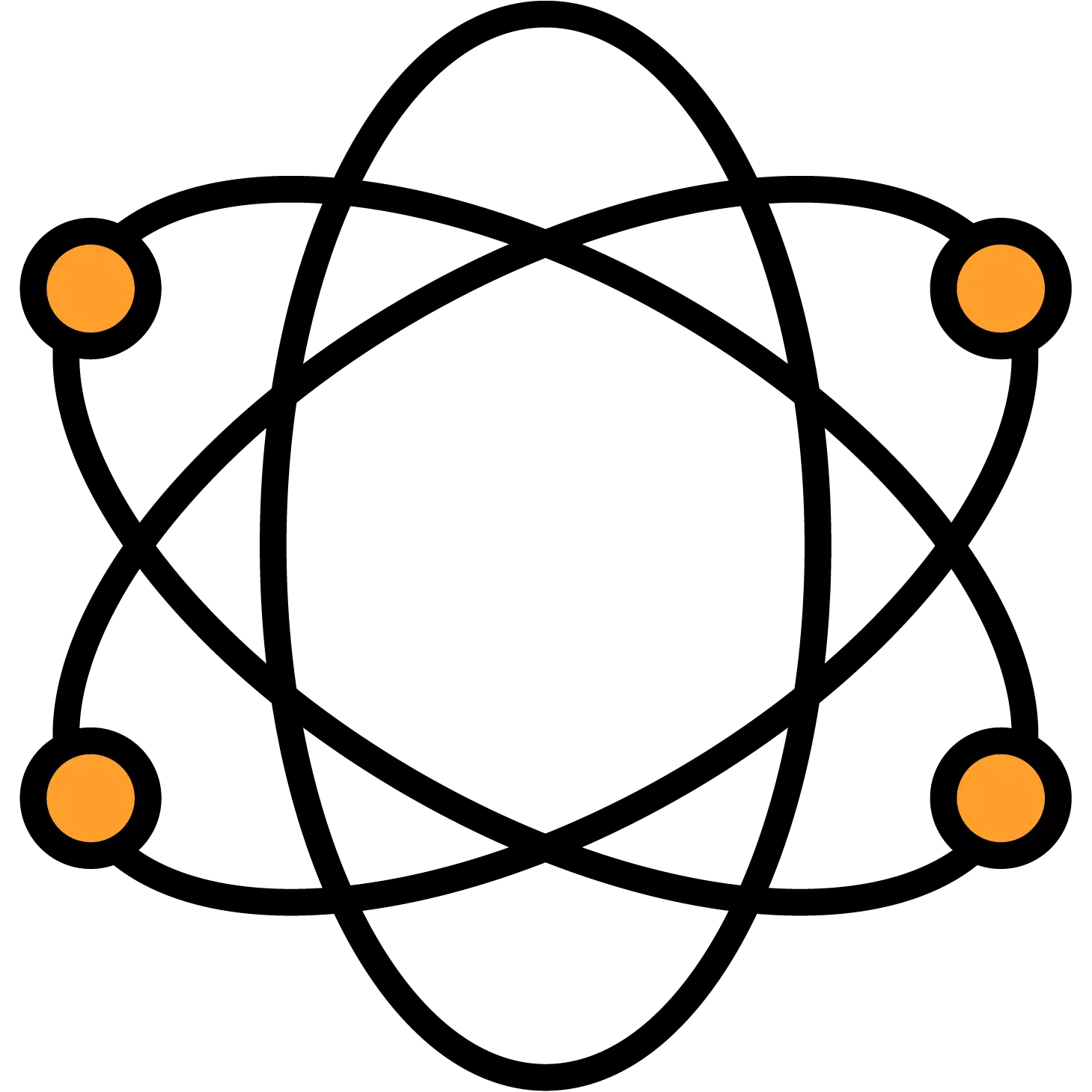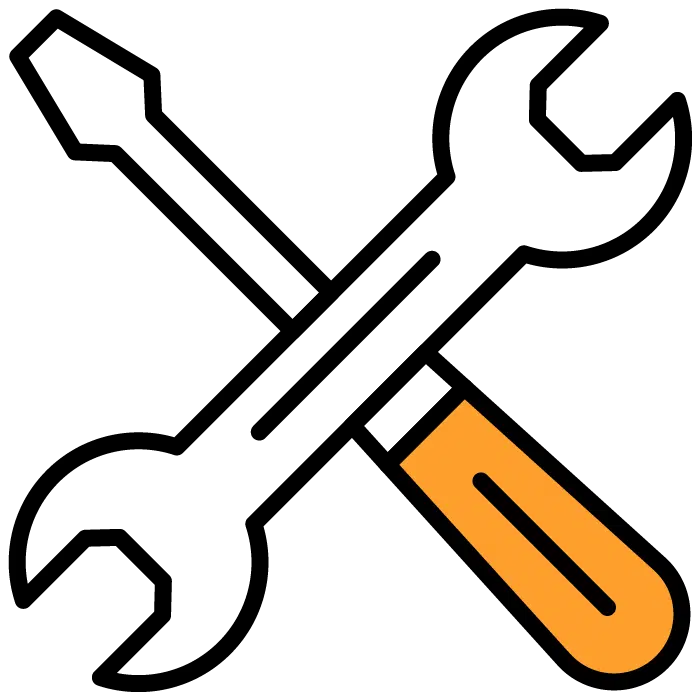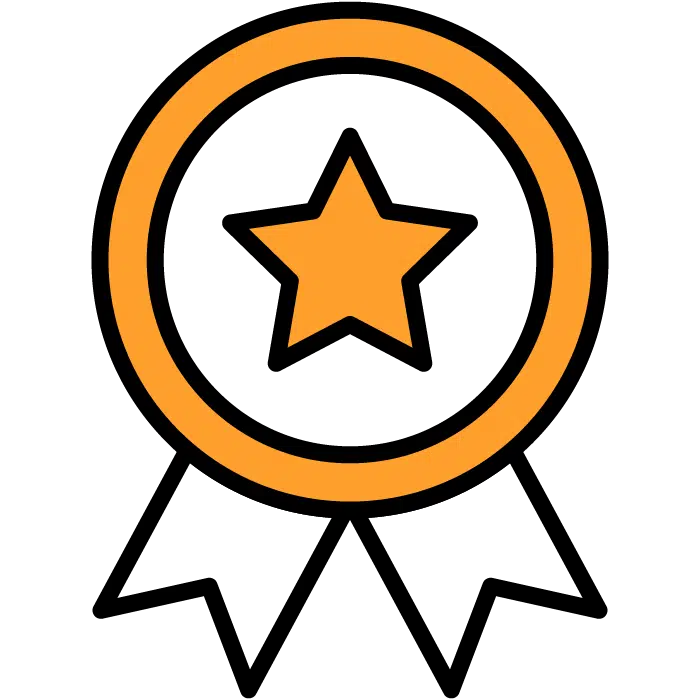DISC personality assessments have become a staple in recruitment and talent management. As CEOs and HR leaders look for ways to continuously nurture and develop high-performing teams, one recurring question arises: is it OK—or even beneficial—to retake DISC assessment after personal development efforts?
Many HR leaders also wonder whether it’s worth the effort to retake DISC as part of structured coaching and long-term hiring strategy.
In this comprehensive guide, we dive deep into when and why to retake DISC assessment, especially through a platform like the WorkStyles DISCovered Assessment Test, the practical steps involved, and what outcomes you can expect. You’ll also find credible research and actionable insights tailored for decision-makers.
Is Retaking DISC Recommended?
Many leaders ask if retaking the DISC assessment is permissible or useful after someone has worked on areas like communication, stress management, or collaboration. The answer is a resounding yes—retaking DISC can yield valuable, updated insights.
- DISC Measures Behavior, Not Personality: Unlike some personality inventories, DISC tracks behavioral preferences—not fixed personality traits—so it’s sensitive to shifts from purposeful self-development.
- People Change Over Time: Growth initiatives, professional coaching, or changing job roles can shift how a team member communicates and collaborates.
- Updated Results, Better Coaching: When you retake DISC assessment after significant effort, managers can tailor coaching and training to the employee’s current strengths and needs.
Evidence From Research
- Personal Growth: Studies like Smith & Chen (2021) show people can and do adopt new work habits and behaviors over time, especially when guided by structured development plans.
- Moderate Shifts: Lee & Adams (2019) find that while overall DISC profiles are stable, moderate score shifts are common as individuals cultivate new approaches.
- According to a review by Ihsan & Furnham (APA, 2020), personality assessments like DISC become significantly more insightful when individuals retake DISC after developmental interventions, helping track behavioral growth over time. Read the research.
How to Retake DISC Using WorkStyles DISCovered
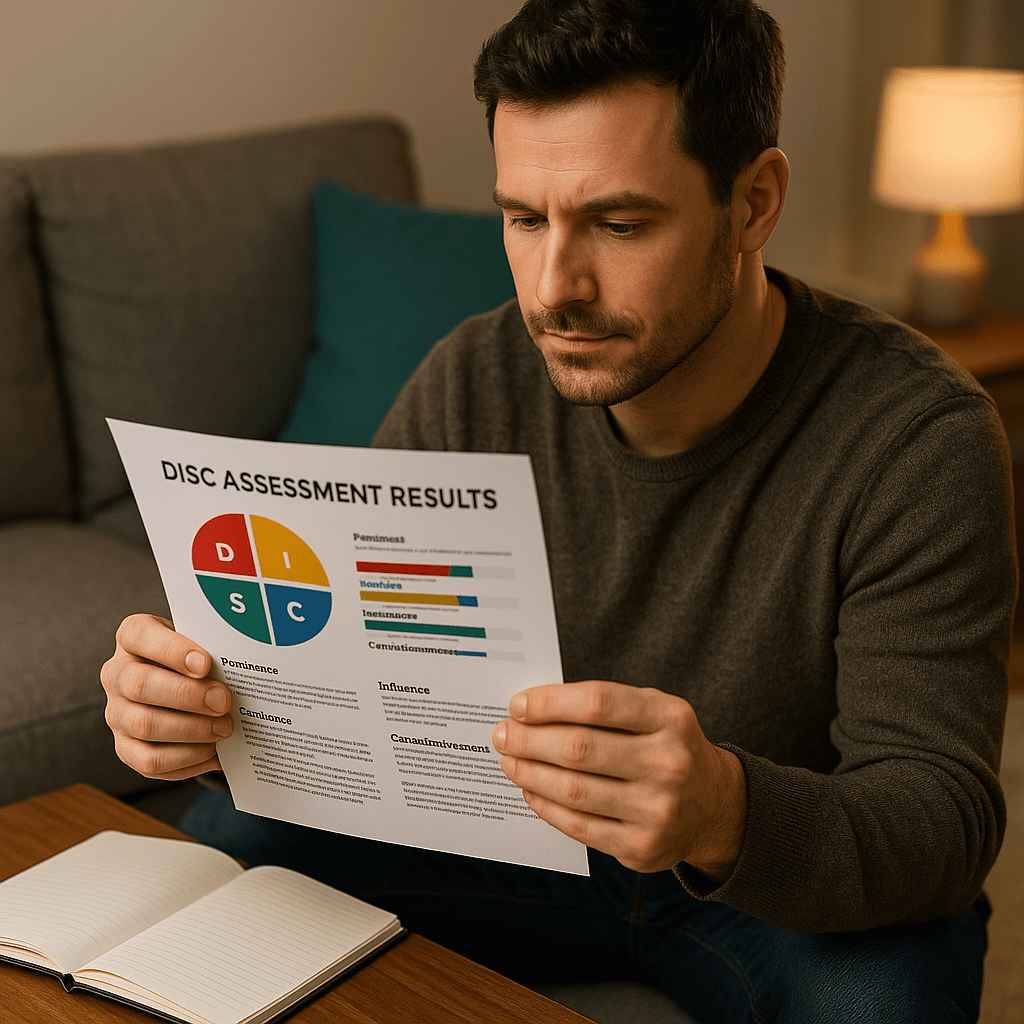
The process to retake DISC using WorkStyles DISCovered is straightforward:
Step 1: Log In to Your Account
Use your existing WorkStyles DISCovered account. If you forget your password, options like password reset or sign-in with Google/Microsoft make access seamless.
Step 2: Navigate to Assessment Links
Inside the platform, locate the Assessment Links or Assessments section. Here, you can generate a fresh assessment link for your team member or client.
Step 3: Use a Different Email
WorkStyles DISCovered tracks each assessment via unique email addresses. To trigger a new assessment, use a slightly modified email (for example, [email protected]) if the original is blocked.
Step 4: Compare Results Side by Side
With both original and new results available, review changes in the four DISC areas—Dominance, Influence, Steadiness, and Conscientiousness.
Table: Example of Side-by-Side Comparison
| Initial Assessment | After 6 Months | |
|---|---|---|
| Dominance | 50 | 47 |
| Influence | 28 | 35 |
| Steadiness | 60 | 68 |
| Conscientiousness | 40 | 41 |
| Interpretation | Balanced, reserved | More outgoing, steadier |
Use these insights as discussion points in coaching or performance reviews.
Potential Costs and Drawbacks
While retaking DISC adds value, CEOs should also consider:
- Additional Fees: Many platforms, including WorkStyles DISCovered, may charge per new assessment.
- Subtle Changes: Most often, you’ll spot moderate shifts rather than total style overhauls. Core behavioral patterns remain stable for most people.
- Time Commitment: Reassessments require genuine buy-in. Only proceed when development efforts are meaningful and measurable.
Why CEOs Should Care About Retaking DISC
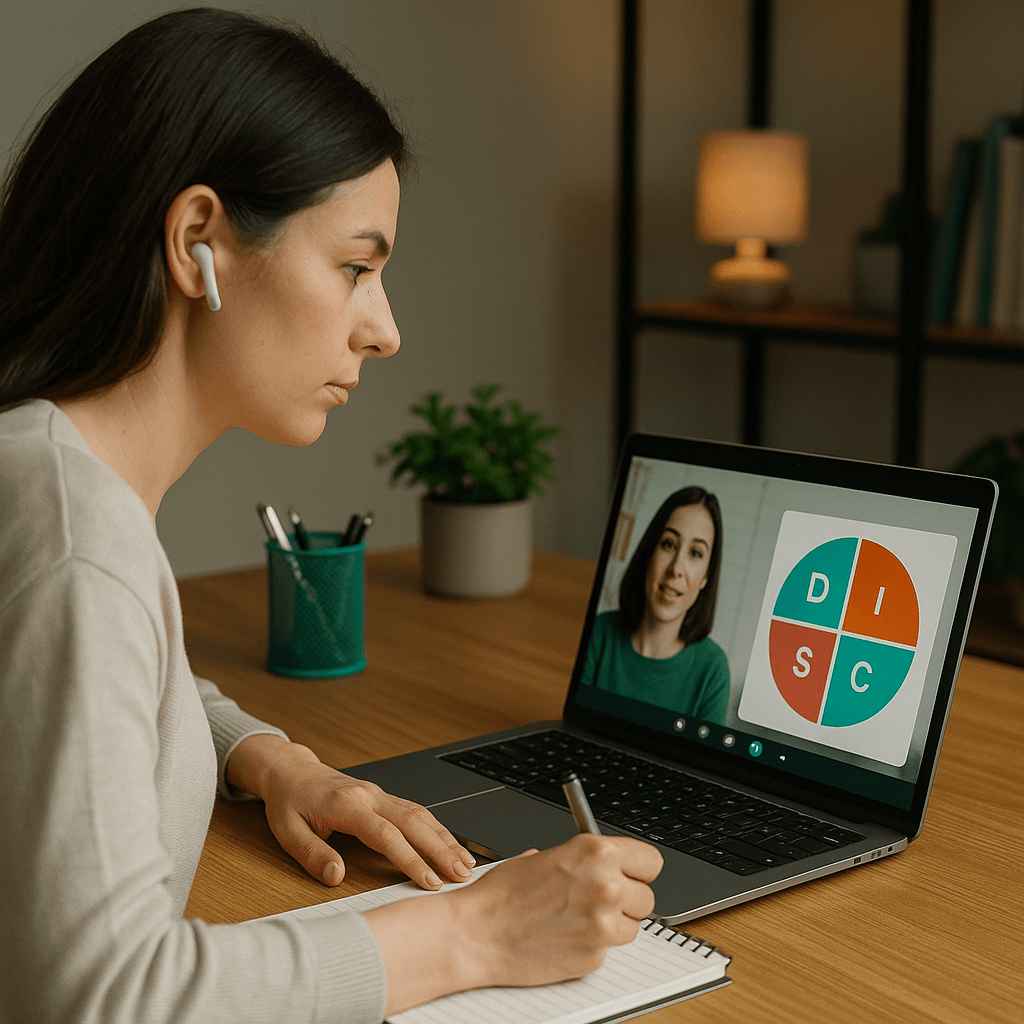
In top-performing organizations, tracking subtle changes in team members’ DISC profiles can drive significant improvements across multiple HR functions:
Talent Development
- Trending DISC results show which employees are growing and where additional support is needed.
- This enables targeted development plans, a stronger succession pipeline, and better performance management. Learn more in our guide on Strengthening Your Hiring with a DISC-Based Approach.
Culture Fit and Team Synergy
- When teams retake DISC assessments, it’s easier to monitor evolving styles and maintain alignment with company values. A rise in “Steadiness,” for instance, may suggest improved collaboration and patience.
- Analyzing behavioral changes can also expose early warning signs of disengagement or conflict.
Data-Driven Hiring Decisions
- Benchmarking new hire DISC data and monitoring subsequent changes show how well candidates acclimate to your culture and processes.
- This approach replaces guesswork with structured evidence, validated over time.
For enhanced, continuous development, many organizations supplement DISC data by using Employee Assessment Software, which consolidates multiple assessment types and stores historical data for reference and compliance.
Honest Answers to Common Retaking DISC Questions
1. Could Repeated Testing Be Overkill?
Absolutely, if it’s done too frequently. Most industrial-organizational psychologists suggest a gap of six to twelve months between assessments to allow actual behavioral change to take root.
2. Do We Lose Previous Results?
No—most HR and assessment platforms, including WorkStyles DISCovered, retain historical reports for compliance purposes and ongoing development tracking. This is critical for benchmarking progress over time.
3. Will Small Changes Matter in Daily Work?
Even subtle increases in Influence or Steadiness scores can translate to greater confidence in presentations or heightened team collaboration. Small shifts can have substantial impact, especially when monitored across a large cohort or division.
FAQs on How DISC Impacts HR and Recruitment
How long should you wait before retake DISC?
Experts suggest waiting at least six months to a year. This gives employees time to apply new skills and embed habits that could influence assessment results.
What if someone ‘games’ their answers on a retest?
When employees retake DISC with genuine intent, the new data becomes more reliable for performance planning. Repeated testing only highlights sustained, meaningful changes. While faking is possible, it’s usually insignificant unless someone is intentionally coached to manipulate responses. Open dialogue and cumulative data analysis are your best safeguards.
Integrating DISC Results Into HR Workflows
To maximize the impact of DISC data, consider integrating results into workflows for onboarding, coaching, and performance management. Many platforms now offer robust Employee Assessment Software designed for continuous feedback and aligned goal setting. When paired with Candidate Scorecards, this ensures every hiring and development decision is data-driven and defensible.
Explore actionable strategies in our related resource: How to Leverage Candidate Ratings and Scorecards for Better Decisions.
Conclusion: Retaking DISC Adds Value to Smart Talent Strategies
Retaking DISC Adds Value to Smart Talent Strategies. To retake DISC strategically is not only acceptable but often a smart move—especially when aligned with structured talent development plans.. WorkStyles DISCovered and similar platforms make it simple to administer retakes and compare changes.
Just remember to use a fresh email for each new attempt, and always anchor decisions in side-by-side data analysis. These small steps can guide your coaching, upskill your managers, and drive stronger culture fit over time.
If you want a deeper dive into DISC applications for growth, read: Leveraging DISC Assessments.
Want to see how these insights work in action? Schedule a free demo with our hiring experts and discover how WorkStyles DISCovered empowers smarter recruitment.
